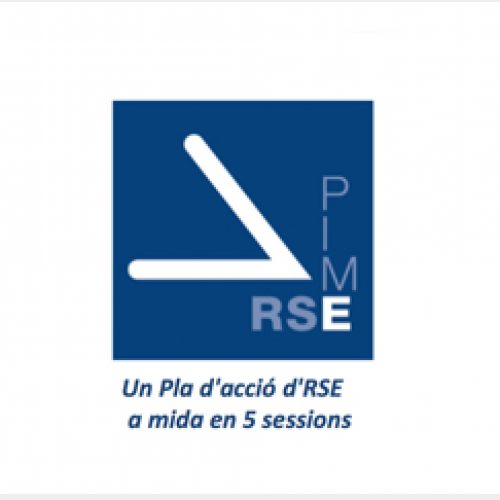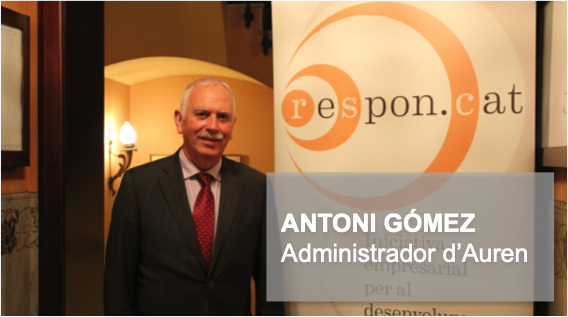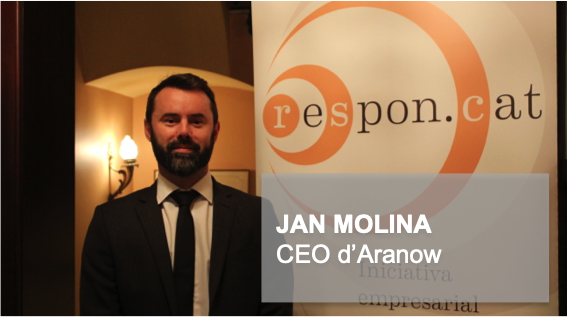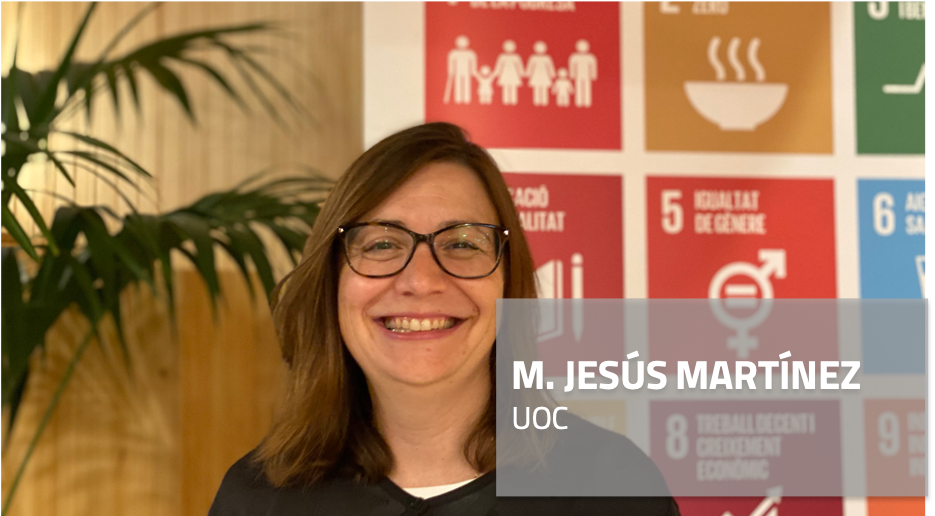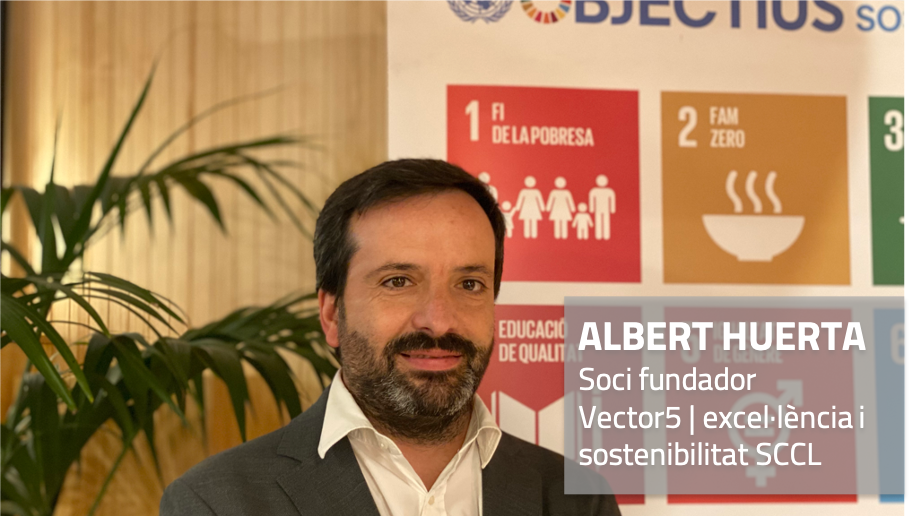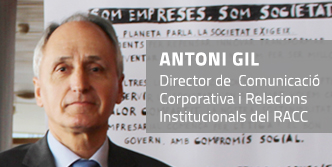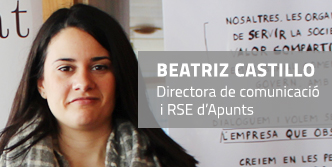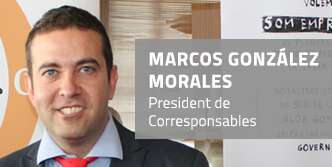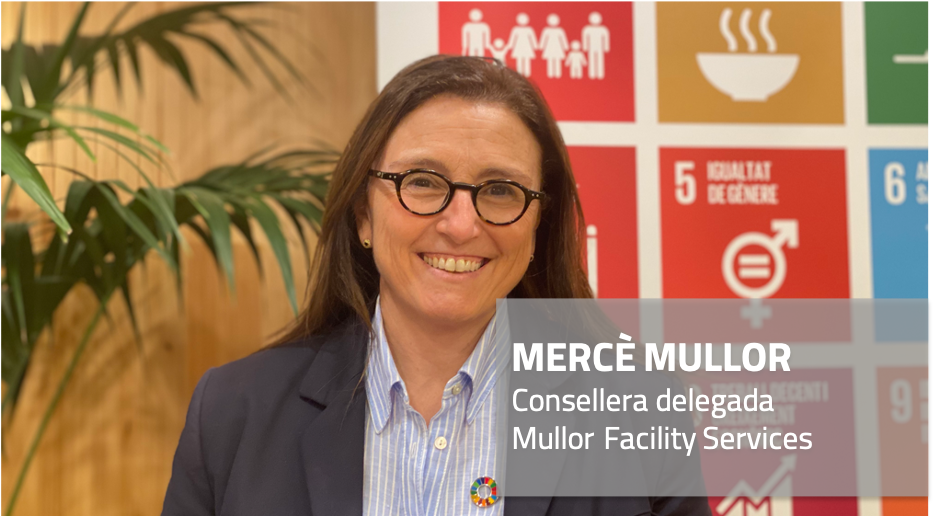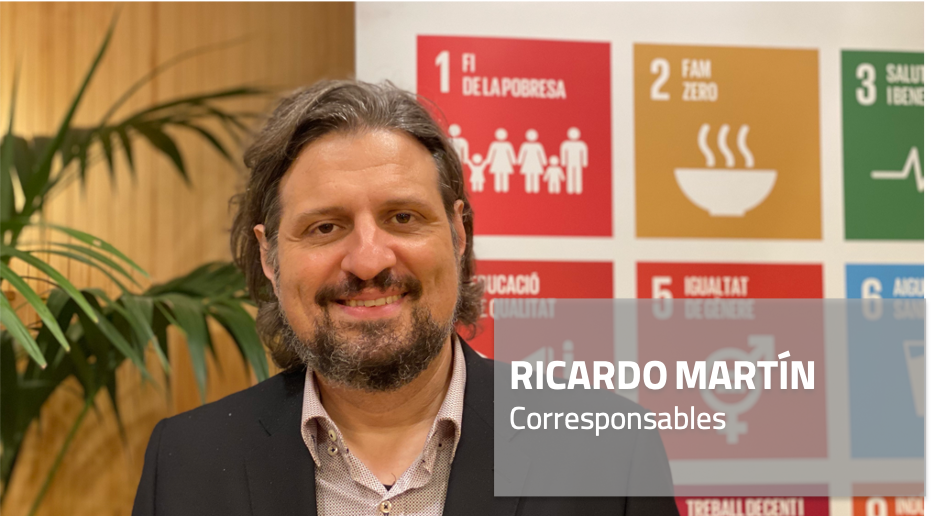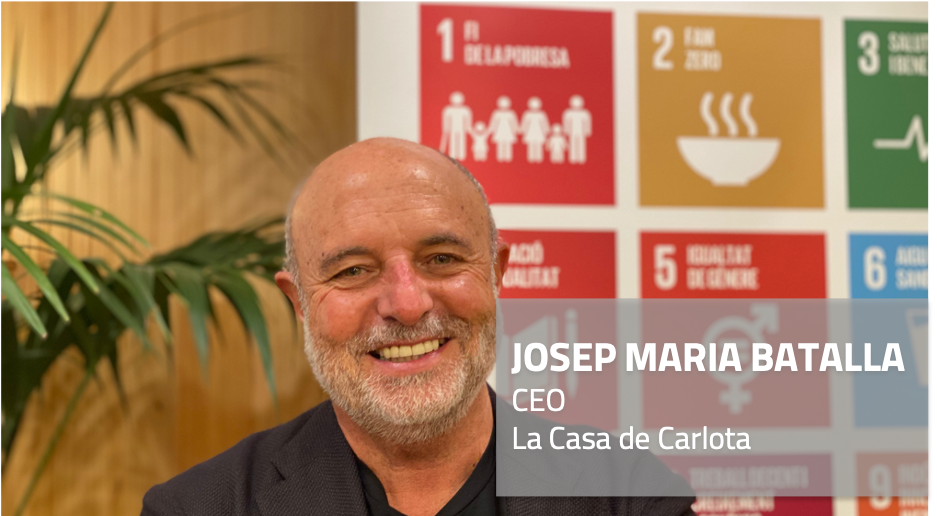 Below you find the "COGITA 10 Steps to Supporting CSR". It is a CSR manual that comprises the results and outcomes of the COGITA project in one complete 10 step manual for supporting CSR in SMEs.
Below you find the "COGITA 10 Steps to Supporting CSR". It is a CSR manual that comprises the results and outcomes of the COGITA project in one complete 10 step manual for supporting CSR in SMEs.
It concretizes COGITA’s overall objective, which is to improve public policies supporting the uptake of an integrated concept of CSR—combining social and environmental aspects—in SMEs.
Follow the ten steps, and you are ready to support CSR in SMEs:
1. Use COGITA’s integrated social and environmental approach to Responsible Business in SMEs
Read more in the COGITA Concept Paper
Become aware of the full spectrum of responsible business by understanding the three dimensions of the COGITA Integrated Approach to CSR:
1. CSR related Policy themes (awareness raising and capacity building; public procurement; criteria for public funding; supply chains and inter-firm cooperation; branding and communication). Read more about the sub-groups in chapter 5.0 in the COGITA Concept Paper
2. CSR fields of action (leadership, workforce, marketplace, environment, society);
3. Instruments for implementation of CSR strategies and policies (legal, economic/financial, informational, networking/partnering, hybrid).
Position your region within the three dimensions of the COGITA Integrated Approach and apply this concept when identifying, mapping, and analysing potential measures to promote the uptake of integrated CSR actions by SMEs (see steps below).
2. Use a SWOT analysis approach for identifying and assessing Strengths, Weaknesses, Opportunities and Threats in your region in terms of policy supporting integrated CSR approaches in SMEs
Perform a systematic analysis (e.g. SWOT analysis) of the Strong and Weak points of your region in terms of implementation of an integrated CSR approach in policy and public support programmes for regional SMEs. Include internal and external factors that can influence these points.
Identify in a systematic way opportunities to promote an integrated CSR policy for SMEs that can arise within your region thanks to specific regional characteristics or wider factors and Threats that could hamper their success.
Map the CSR environment in your region in terms of stakeholders and their roles in CSR development, existing CSR policies, CSR good practices from the private and public sector.
Involve the most important stakeholders in your analysis and in all subsequent phases.
3. Identify and prioritise the main challenges for your region in terms of policy supporting integrated CSR approaches in SMEs
Based on the SWOT analysis, identify the main challenges in your region. These may include existing or missing CSR policies, the degree and nature of public support to companies, regional needs that should be addressed by private CSR actions (e.g. need for higher environmental performance of companies), requirements of the economic/industrial sector in which regional companies operate etc.
You may encounter challenges in regards to local CSR policis. Learn more about challenges and how to cope with them in the Factsheet for Challenges in CSR Policy
You can also find inspiration in the summary of the comprehensive COGITA survey, which was carried to analyse the perceptions of European companies in regards to implementing CSR.
4. Make use of Good Practices already successfully experimented elsewhere*
Take stock of possible Good Practices and solutions that could address your identified challenges (within your region or elsewhere).
Perform an initial screening of the Good Practices and select those that are the closest to the prioritised challenges for your region. Naturally, a GP that fits 100% to one region’s specific challenge may not do so for another. A region interested in a GP may have to amend, use partly, or combine GPs so that they fit to their specific prioritised challenge.
For those Good Practices / solutions that seem as a good fit, identify open issues that you will need to further investigate at the upcoming phases of further elaboration of your CSR actions (see steps below).
Read more about Good Practices
5. Define your measures for improved policy for integrated CSR in SMEs: the Implementation Plan *
Collect the results of the analyses performed (positioning in Integrated CSR Concept, SWOT, mapping of regional CSR environment and identification of challenges and possible Good Practices).
Working together with regional stakeholders, formulate a set of possible measures for each major challenge identified, following the COGITA template and covering: current situation related to proposed measure; concept of proposed measure; relevant GPs and other solutions; transfer and implementation team; schedule and budget; expected impact and monitoring activities; any other issues.
Download the COGITA Implementation Plan Template
6. Get into contact with selected GP providers to detail and improve your Implementation Plan
Learn how other authorities/intermediaries have successfully implemented CSR actions locally or regionally. This is ideally done through participative exchange sessions and on site by study visits.
Assess the CSR maturity levels of the GP in terms of the 5 CSR pillars (leadership, community, workplace, environment, marketplace).
Identify the elements (methodology, instruments and ideas) of the GP that are of relevance and decide whether the pre-selected GPs can in principle be adapted according to your local/regional framework (legislation, political power, finance, national context).
Update your Implementation Plan with details on the selected GPs, including necessary adaptations, further support needed from GP provider and implementation schedule for your selected measures.
View Regional Good Practices
7. Ensure reliability of measures through a feasibility check and eventual pilot action
For each intended measure, use the COGITA feasibility check structure to identify what can be done, who will do it, in which way, what can go wrong and how to avoid it: timescale, financial and regulatory constraints as well as social, cultural and political acceptability.
Run the analysis in a structured way in cooperation with the relevant stakeholders identified to plan, develop and implement the proposed measures. Get inspiration from the COGITA project
Carry out pilot actions to test the implementation of your proposed CSR measures and measures (if possible).
Achieve consensus on implementation: concept, schedule, team (responsibility), budget.
8. Finish your Implementation Plan with measures, clear responsibilities and allocated budget and financial sources – political assignment
Describe the final implementation schedule for the proposed CSR measure based on the feasibility check.
Assign tasks and responsibilities to stakeholders and list the required resources.
List those organisations and the individual people which will be involved in terms of political backing and/or operational implementation of the measure.
Describe the expected impact of the measure and define appropriate output and result indicators with target figures and the corresponding monitoring activities.
Get the political confirmation – there is no final Implementation Plan without the political confirmation and budget release.
9. Implement your Implementation Plan
Start implementation in time according to the agreed schedule – just do it!
Be flexible with implementation if required. Substantial (internal and external) changes may emerge in your framework for implementation, compared with the framework in which the plan was developed. You need contingency plans to adapt to such changes.
10. Monitor the Implementation and measure the impact of the implemented measures on the companies and beneficiaries.
Apply the indicators and means of verification defined in your Implementation Plan
Gather the required information and measure the impact of the implemented measures on a permanent basis (e.g. every 6 or 12 months).
Compare target with actual figures and take counter measures if required. However, you should be flexible with target figures – if target figures are no longer realistic or already achieved earlier, there should be space to amend them (e.g. in case of dramatic budget cut in financial crisis or over-achievement of the target figures before the deadline).
Remarks

 Below you find the "COGITA 10 Steps to Supporting CSR". It is a CSR manual that comprises the results and outcomes of the COGITA project in one complete 10 step manual for supporting CSR in SMEs.
Below you find the "COGITA 10 Steps to Supporting CSR". It is a CSR manual that comprises the results and outcomes of the COGITA project in one complete 10 step manual for supporting CSR in SMEs.